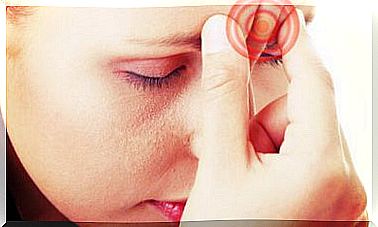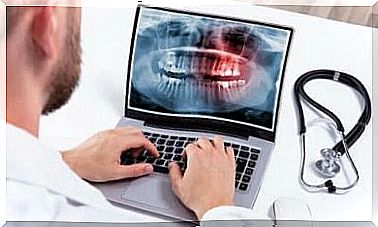Lung Cancer Facts: Symptoms And Treatment
In the early stages, lung cancer usually has no symptoms. That is why it is often recognized late.
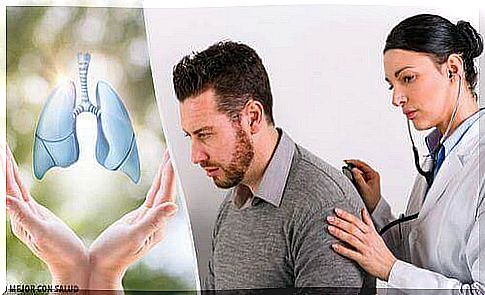
The lungs are an important part of our airway system that enables gas exchange. Diseases of this organ can have serious consequences, for example lung cancer often ends fatally if it is detected too late. So here are some facts about lung cancer.
Detecting lung cancer early is not easy. As with all other cancers, the disease occurs when malignant cells develop and spread. The uncontrolled cell division leads to a tumor.
Then you will learn important facts about lung cancer that will allow you to better understand the disease and identify possible signs.
Lung Cancer Facts: These types of cancer exist
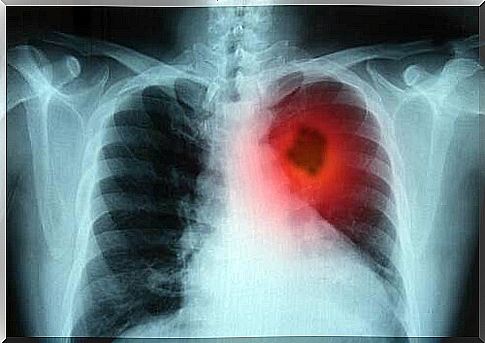
- Squamous cell carcinoma : This cancer develops in squamous cells, which are flat cells that look like fish scales.
- Large cell lung cancer : Develops in various large cell types.
- Adenocarcinoma: This type of cancer develops in cells that make glands.
- Unusual types : This includes all other types of cancer.
Risk factors
These risk factors should be considered:
- Smokers have a 90% higher risk of lung cancer compared to non-smokers.
- Secondhand smoke can also increase the risk.
- If substances like arsenic, silicon or chromium are inhaled, this can be another risk factor.
diagnosis
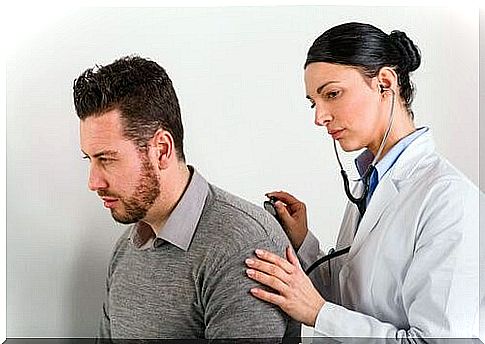
Unfortunately, it is not possible to compile a list of clear symptoms. However, these signs are particularly common:
- Persistent cough that keeps getting worse
- Chest pain
- Breathing problems
- Cough with sputum (with blood or rust-colored mucus)
- Persistent fatigue
- hoarseness
- Weight loss for no reason
- Recurring infections such as bronchitis or pneumonia
- Breathing sounds (e.g. whistling)
In addition, these symptoms can occur if the tumor spreads to other areas of the body:
- The skin turns yellow when the cancer spreads to the liver.
- Pain in the bones
- a headache
- Fever flare-ups
- Limpness in arms and legs
- dizziness
- Swollen lymph nodes, which indicate an increased immune response in the body.
If these symptoms persist for more than three weeks, you should definitely see a doctor. An X-ray examination of the chest can then provide clarity.
Based on the results, the doctor can then carry out further examinations.
Detect lung cancer early
Before symptoms appear, a doctor can identify signs of lung cancer.
- Examination: The doctor asks about general well-being. For example, if he discovers knots, that can be a sign. The doctor also asks about habits and previous illnesses.
- Laboratory tests: If you provide blood, urine, or tissue samples, they can be tested for cancer in the laboratory.
- Scan: Here the doctor can see pictures of your internal organs.
- Genetic test: A genetic test detects genetic mutations. In this way, cancer cells can be detected early.
Important: The doctor must agree to all of these examinations. Because they are not without risk. They may only be carried out if there is a real suspicion of lung cancer.
treatment
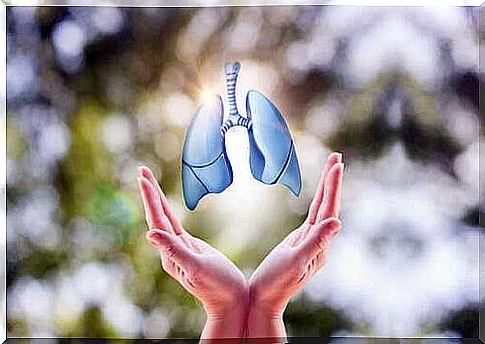
There are different treatment options, depending on the type and severity of the disease. These are the most common forms of treatment:
- Surgery: the doctor removes the cancerous tissue.
- Chemotherapy in the form of a tablet or intravenously to stop the cancer cells.
- Radiation therapy against tumor cells.
- Cell treatment: Targeted use of drugs to prevent cancer cells from spreading.
prevention
- Avoid smoking and secondhand smoke.
- Include plenty of fresh fruits and vegetables in your diet.
- Exercise regularly.
- Don’t burn wood at home. Because that can release harmful substances into the air.
- Avoid industrial areas.
- You should also drink little alcohol.
- See a doctor once a year to check for signs of lung cancer.
The earlier the disease is recognized, the higher the chances of recovery!
